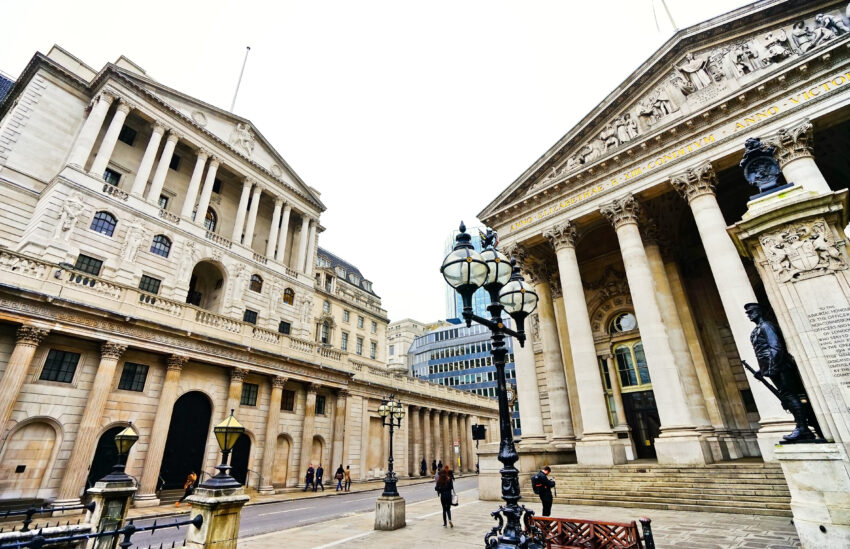
The Bank of England has raised interest rates by a quarter of a percentage point to 4.5% amid growing concerns about persistently high inflation in the UK.
The Bank’s monetary policy committee voted by a majority for a 12th successive increase in borrowing costs, continuing its most aggressive rate-hiking cycle since the 1980s in an attempt to dampen UK inflation which remains in double digits.
UK rates are at the highest level since October 2008, when the global economy was in the grips of the financial crisis.
The rate decision comes against a backdrop of stubbornly high inflation, with a modest decline in the annual rate to 10.1% in March leaving the UK with the highest rate in the G7 group of advanced economies. The Bank of England’s official inflation target is 2%.
Fuelled by food prices rising at the fastest annual rate since 1977, economists have warned that Britain risks inflation sticking at high levels this year, a development that could embarrass Rishi Sunak, whose stated target is to halve inflation this year.
The Bank of England hike comes after the US Federal Reserve raised its benchmark interest rate by a quarter-point to a range of 5% to 5.25% last week. The European Central Bank also raised its key interest rate by a quarter-point to 3.25%.
Following the announcement Mike Randall, CEO at Simply Asset Finance, comments: “Another rise for interest rates is a stark reminder that we’re not out of the woods of high inflation yet. While March’s drop in inflation shows signs of the Bank of England’s tightening cycle beginning to bear fruit, we cannot dismiss the fact that businesses are still faced with the highest rates of inflation and interest combined, which continue to hamper their growth.
“For small businesses, it’s yet another financial blow to face after a tough trading month of bank holidays, but studies are showing leaders remain as resilient as ever. 71% of SMEs in the UK are still confident of business success, and 58% expect revenues to increase in the next quarter, according to Sage and Barclays. For SMEs it’s business as usual, but as industries such as manufacturing call for long-term strategies to ensure their future success, it will be crucial to consider how to minimise the impact of this high-inflationary environment for firms.”
Paul Heywood, Chief Data & Analytics Officer at Equifax UK, added: “The Bank of England has continued its run of remarkably consistent base rate rises with another quarter per cent increase today. While this consistency may have played a role in business and consumer confidence increasing month-on-month in 2023; consumers likely find themselves with a coronation hangover, as the realities of high borrowing costs and squeezed wages hit home.
“With rates rising we expect cases of ‘mortgage shock’ to rise in the next six months – as many as 1.4 million consumers will face a 50% increase to their mortgage repayments. This shock may force consumers to high-cost short-term credit to meet existing debt obligations, a spiral that Equifax, and our lending partners, work hard to identify and prevent. We’ll continue to ensure that consumers are effectively supported throughout their borrowing journey and can access the credit they need to live their financial best.”